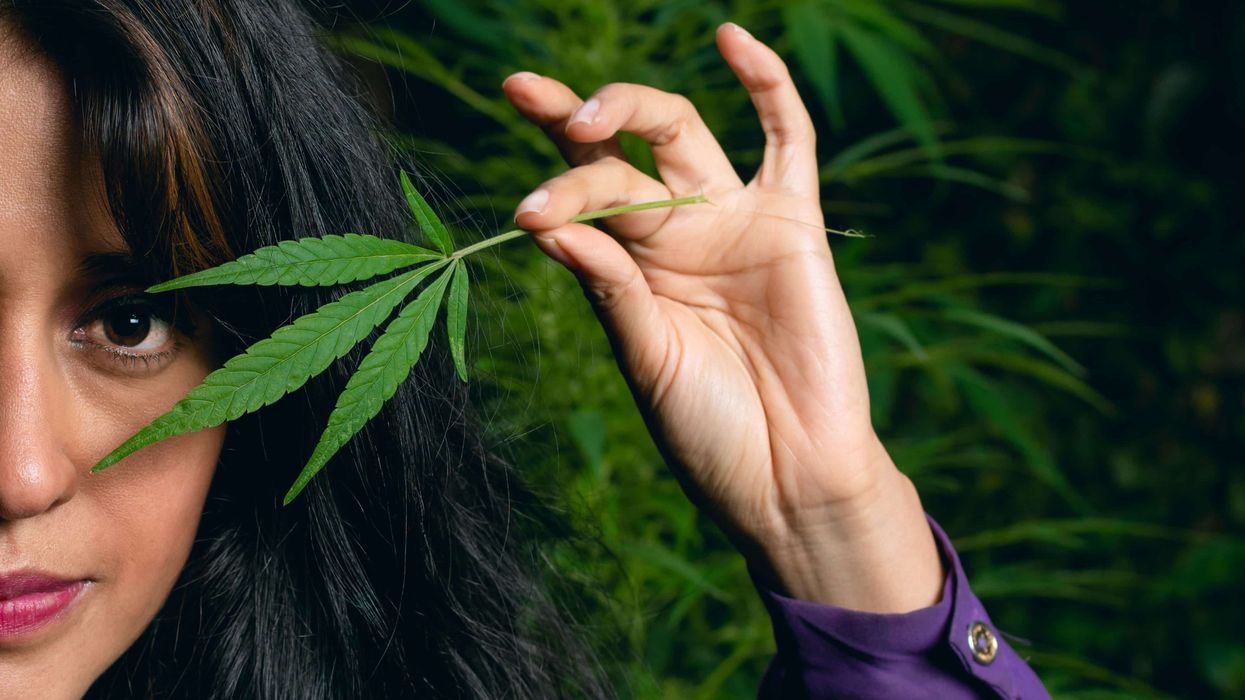Sex has been used for centuries to peddle products to the American people, first appearing in the 1800s to hawk cigarettes.
Since then, advertisers have leaned on seductive, half-naked images to sling everything from fast food to beer.
And it's worked, too, at least until the cancel culture swooped in and put everyone with content deemed misogynistic on blast.
Wiser cannabis brands are moving away from the provocative
These days, companies are wising up and moving away from provocative promotional practices. Nobody wants to be lumped in with the anti-feminism swine. And they damn sure don't want to get canceled.
Still, take a look at social media, and clearly, there's no shortage of scantily clad stoner girls posing with pot, seemingly on a mission to sell the latest in toking trends.
Furthermore, some of the most identifiable marijuana moguls have paved their way in the business by exploiting women.
But this is a strange approach to marketing, especially considering how long the cannabis movement has been fighting to be taken seriously.
It's also arguably pointless at this juncture to use boobs and butts to sell cannabis products. After all, females are dominating the cannabis industry. Most have absolutely no interest in stripping down to be some hairy bastard's eye candy or supporting his business model steeped in patriarchy.
Nope, like Olivia Alexander, CEO and founder of Kush Queen, they are too busy building the country's largest cannabis brands. Interestingly, Alexander's multi-million-dollar cannabis success story began as a way to escape the flagrant sexism of the pot trade's prevalent bro-culture.
"I started behind the counter of a dispensary as a budtender in 2007," Alexander told The Bluntness. "That was where I first learned of and experienced the misogyny in the cannabis industry. Over the years, as my career grew and I began social media and marketing consulting for cannabis companies, I faced similar experiences being one of the few women in most rooms. These experiences influenced my decision to dedicate my life to building my own brand."
But sex sells. It's tough to argue that it doesn't – at least to some extent.
Even science confirms that it does. The desire to love up beautiful people consumes the collective minds of men and women nearly 30 times a day, according to a study in the Journal of Sex Research.
So, it only stands to reason that there's cash to be made by applying the most basic of human urges to advertising. There's always going to be some sleazy dolt inspired to purchase a specific brand because some smoking hot model subliminally told them that if they do, they just might get some.
But can sex drive people to the dispensaries?
If you ask the average male cannabis consumer, it might. The men we talked to are adamant that while pot is a product with the mojo to stand on its own, it is always a bonus in the hands of the female form.
"Weed sells itself, but boobs and butts sell more," 23-year-old Jaxon from California told The Bluntness.
However, some of the females who chimed in on this topic strongly disagree. One Michigan woman, Lissa, told us that sex is an "automatic no" in terms of brand or professional associations.
Nevertheless, the cannabis industry made a valiant effort to use sex as a marketing weapon once legalization started to take hold across the nation. Weed brands were, at one time, objectifying women in any way possible. One Reddit commenter told us about a time when his neighborhood pot retailer more closely resembled a gentleman's club than anything related to cannabis.
"We had a dispensary here with a stripper pole and girls who worked in bikinis," they wrote. "They got shut down. However, most of the dispensaries here like to hire hot stoner girls to sell weed."
Times are changing, and so are consumers
Sonia Hendrix, the founder of Gallery PR, a boutique public relations firm representing cannabis and lifestyle brands, tells The Bluntness the change wasn't quick enough to beat the kill switch.
She says the cannabis industry's blatant misogyny began to crumble back in 2020. That's when America, plagued by social injustices (police brutality and sexual abuse cases), and perhaps amplified by COVID, was encouraged to grow up a little. The rise of Me-Too and other movements tired of "the man" (quite literally) pimping out women for profit was the beginning of the end for cannabis bros wielding a sexual sales pitch.
And they may be out for good.
"The result is a forever-changed customer, female and male alike, whose values and ethics have probably changed," Hendrix said. "Customers today shop with a mindful outlook on life and what they put in it. This goes for the cannabis industry's customers as much as it does for other industries."
It's not just that sex is no longer "acceptable" when selling cannabis brands; this marketing method is mostly futile. Not only are more women, like Alexander and Hendrix, leading the cannabis trade, but females also make up the bulk of its consumer base. Some of the latest industry sales data from Brightfield shows that nearly 60% of the legal marijuana market is women.
"If you look from state-to-state you'll see the future of cannabis is indeed female," Hendrix declared. "It's clear sex and cannabis as a pair won't make a splash anytime soon."
Alexander wholeheartedly agrees.
"Women have always had the buying power in American households and will continue to have the buying power in legal cannabis," she said. "The brands that continue to sexually objectify women will be called out and left behind."
Listen, cannabis can be sexy, but that doesn't mean trashy and offensive. Empowerment through freedom of expression and free will that's what really sells. The younger generations already understand this, and they aren't putting up with bad bro behavior.
"We are already seeing the beginning shift of Gen Z and millennial women becoming the dominant consumers of legal cannabis - and this group has expectations of the companies they support," Alexander said. "They are ready to support conscious brands where they see themselves and their values represented.
New and existing cannabis firms take heed. Hendrix says creativity and holding true to cultural traditions and customer attitudes are the key to success and longevity.
"Building a successful cannabis brand is already hard enough," Hendrix said. "Operators and entrepreneurs will be much better off using more appropriate, creative marketing campaigns and tactics to strike a chord with their users. Wellness. Fitness. Beauty. Music. Culture. Pour your heart into it and build a strong brand heritage foundation that will serve well in building customer loyalty," she added.
Need a little more Bluntness in your life? Sign Up for our newsletter to stay in the loop.
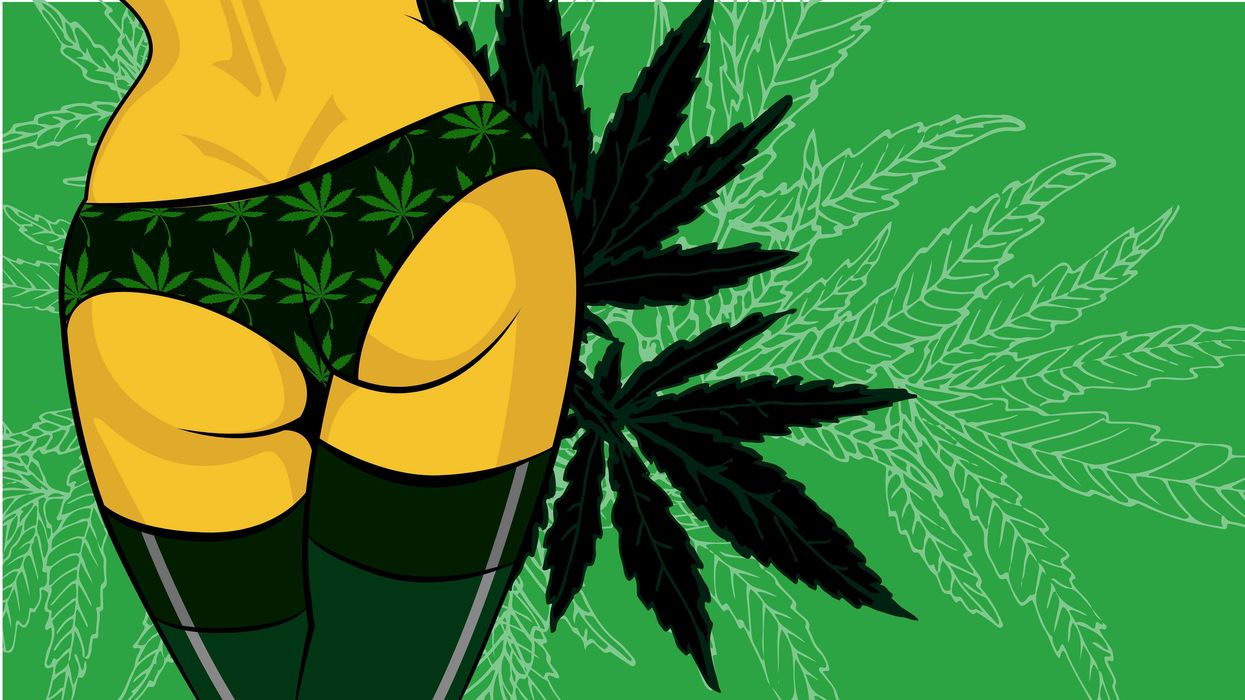



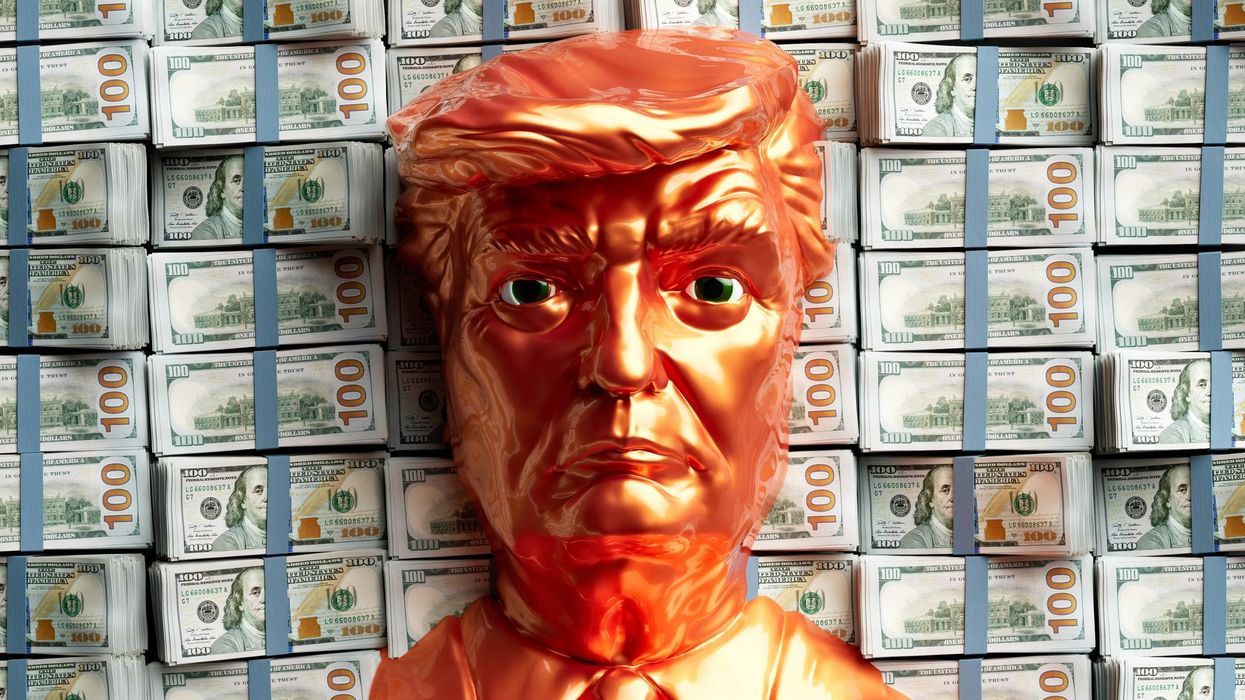


 Justin Timberlake Eye Roll Gif By Agent M Loves Gif - Find & Share on GIPHYAgent M Loves Gifs
Justin Timberlake Eye Roll Gif By Agent M Loves Gif - Find & Share on GIPHYAgent M Loves Gifs






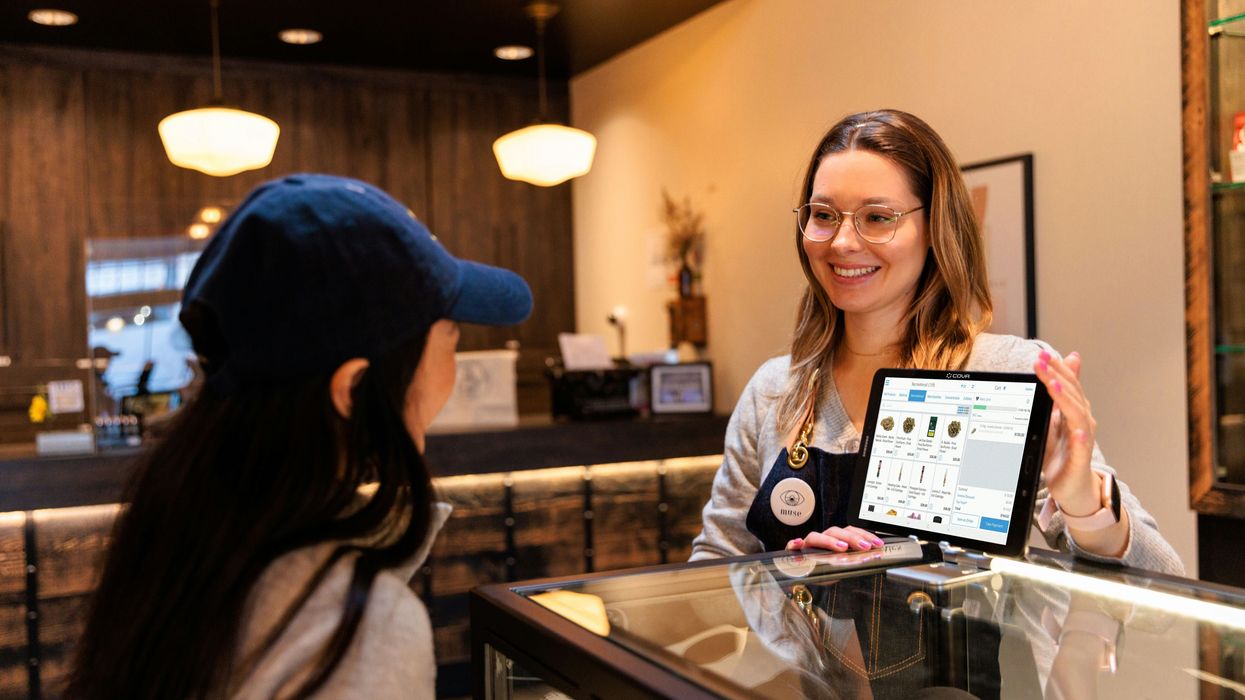
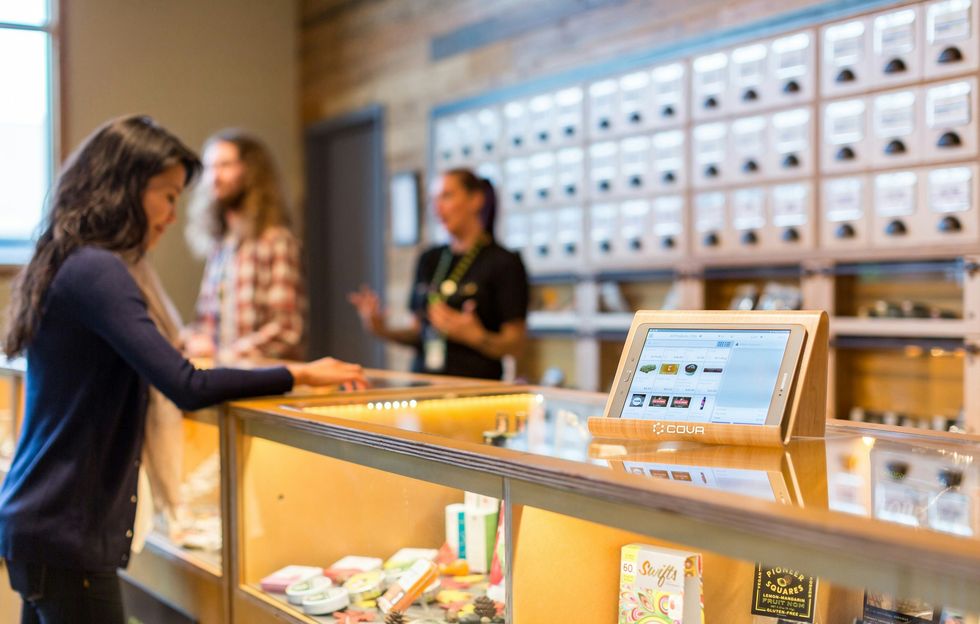 How to Become a Budtender: Complete Career Guide & Salary Information - The Bluntness Photo by
How to Become a Budtender: Complete Career Guide & Salary Information - The Bluntness Photo by  How to Become a Budtender: Complete Career Guide & Salary Information - The Bluntness Photo by
How to Become a Budtender: Complete Career Guide & Salary Information - The Bluntness Photo by 
